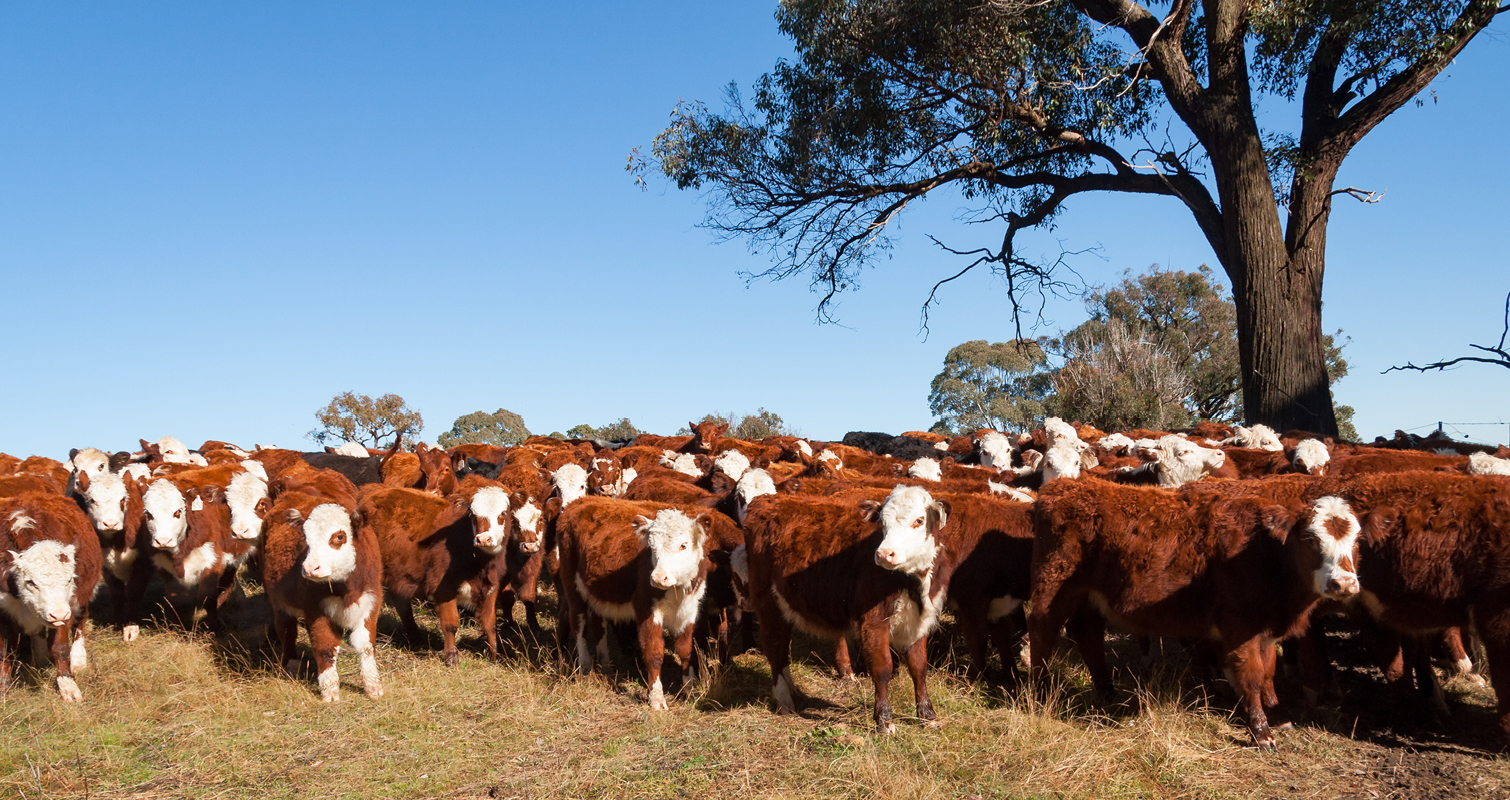
Wednesday 3 November 2021
12.00pm-1.00pm AEDT
Potential Pathways to Carbon Neutral Food
Substantial emissions reductions and increased carbon sequestration are needed for Australia to meet its legally binding Paris commitments by 2030 and achieve net zero emissions by 2050. The extent of these emission reduction targets, and their timeframes could become even more urgent depending on the commitments the Australian government makes at the November COP26 meeting in Glasgow.
In past webinars for the ATSE Agriculture & Food Forum ‘Carbon Neutral Agriculture’ series, we explored topics like the industry motivation to tackle challenges caused by climate change, the availability of technologies to achieve this goal, the motivation of the banking sector to participate and how soil carbon sequestration can help Australian agriculture get to net zero.
During the first week of COP26, our next carbon neutral agriculture webinar will discuss the major emissions from Australian agriculture (methane from animals and nitrous oxide from soils), and consider the sequestration potential for soil carbon and woody perennial vegetation that can help Australia get to net zero emissions by 2050.
Dr Beverley Henry will cover how the Emissions Reduction Fund (ERF) legislated requirements for land sector emission reduction and sequestration projects generate Australian Carbon Credit Units (ACCUs) and how this abatement could be included in the Australian Greenhouse Gas Inventory. Dr Henry will also discuss the markets where these ACCUs can be legally traded.
Professor Richard Eckard will then explore the science and technologies that must be developed and implemented over the next 10 and 30 years to facilitate carbon neutral agriculture, on the road to net zero emissions for Australia. This discussion will focus on the challenges of reducing methane emissions from grazing ruminants and nitrous oxide emissions from cropping and grazing industries.
This webinar is free and is open to Fellows and the public.
_ _ _ _ _
SPEAKERS
Dr Beverley Henry
Adjunct Associate Professor, Queensland Institute of Technology
Professor Richard Eckard
Director, Primary Industries Climate Challenges Centre, University of Melbourne
MODERATORS
Professor Snow Barlow FTSE
Chair of the ATSE Agriculture Forum
Dr Joanne Daly PSM FTSE
Independent Consultant
SPEAKERS
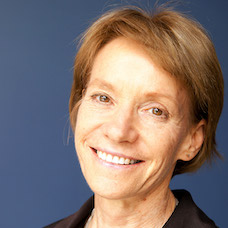
Dr Beverley Henry
Adjunct Associate Professor, Queensland Institute of Technology
Dr Beverley Henry has worked on climate variability, climate change, greenhouse gas accounting and sustainability across the agriculture and land use sectors for 30 years in positions across academic, agricultural industry and government. These roles and partnerships have enabled contributions to the Emissions Reduction Assurance Committee for the ERF, CRC for Greenhouse Accounting, Global Research Alliance (Co-chair of Integrative Research Group), Scientific and Technical Committee of the ‘4 per 1000 Initiative for Food Security and Climate’ (current vice-chair), and several grant selection committees, expert advisory or review panels for international and Australian programmes.
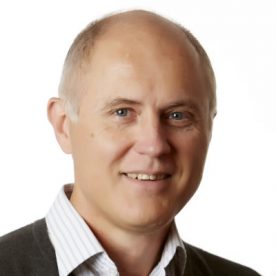
Professor Richard Eckard
Director, Primary Industries Climate Challenges Centre, University of Melbourne
Richard’s research focuses on carbon farming, managing extreme climate events and options for agriculture to respond to a changing climate. Richard is a science advisor to the Australian, New Zealand, UK and EU governments, the International Livestock Research Institute and the UN FAO on climate change adaptation, mitigation and policy development in agriculture. Richard leads a network within the Global Research Alliance on Agricultural Greenhouse Gasses and is a member of the Greenhouse Gas and Animal Agriculture international science committee. Richard was recently named on the Reuters list of the world’s 1,000 most influential climate scientists.
MODERATORS
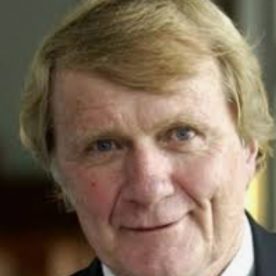
Professor Snow Barlow FTSE
Chair of the ATSE Agriculture Forum
Snow Barlow is Professor of Viticulture and Horticulture at the University of Melbourne. He has been intimately involved in climate change research and policy within agricultural and food sector for more than 30 years. He was a member of the Australian delegation to the Conference of Parties in Kyoto (COP 3) that resulted in the Kyoto Protocol. Subsequently he chaired the Expert Advisory Panel of the Department of Agriculture’s Filling the Research Gap and Action on the Ground Carbon Farming Futures RDE programs.
As President of Science and Technology Australia, he was a member of the Prime Minister’s Science, engineering and innovation Council chairing the development of 2 influential PMSEIC reports.
He is an ATSE Fellow and in 2009 he was awarded the ‘Australian Medal of Agricultural Science’. Snow currently chairs the ATSE Agriculture Forum and is a Commissioner of the NSW Independent Planning Commission.
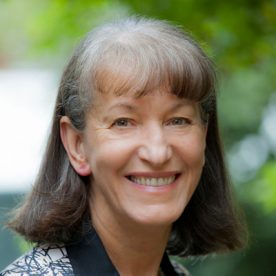
Dr Joanne Daly PSM FTSE
Independent Consultant
Joanne Daly works as an independent consultant. She is a former Group Executive of Agribusiness and Chief of Division. Her activities focus on strategy for national research collections and in agricultural sciences, assisting with the developing science precinct in Canberra with the ANU in the area of transformational agriculture.
She had worked in CSIRO for over 30 years originally as a researcher in entomology. She chaired the ‘Expert Working Group on Security Australia’s Agricultural Future’ for the Australian Council of Learned Academies. She was an ACIAR Commissioner and has held a number of senior roles including Chair of the international body, GBIF, and was a member of the Biosecurity Advisory Council and the Australian e-Research Infrastructure Council. During her 2-year secondment to the Australian Public Service, she headed the Secretariat that assisted Government in setting the National Research Priorities in 2002.
Recording of webinar
1 hour 16 minutes